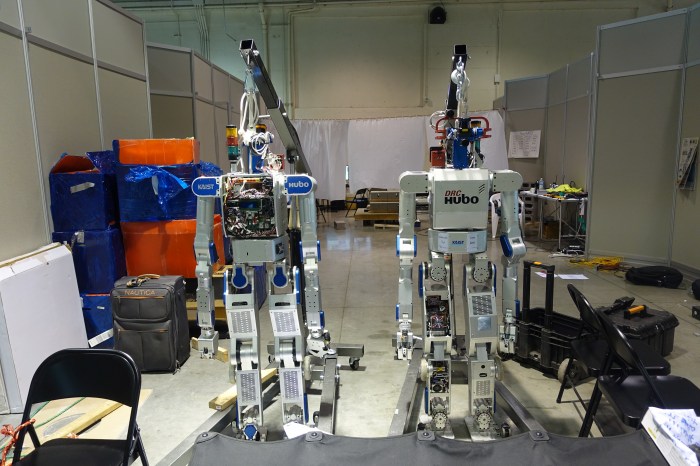Automated Vehicles Symposium Day 0: When do robocars become cheaper than standard cars?
Submitted by brad on Mon, 2015-07-20 21:27I'm in the Detroit area for the annual TRB/AUVSI Automated Vehicle Symposium, which starts tomorrow. Today, those in Ann Arbor attended the opening of the new test track at the University of Michigan. Instead, I was at a small event with a lot of good folks in downtown Detroit, sponsored by SAFE which is looking to wean the USA off oil.
Much was discussed, but a particularly interesting idea was just how close we are getting to something I had put further in the future -- robocars that are cheaper than ordinary cars.





 It's important to understand the nominating and voting on the Hugos is done by members of the World SF Society, which is to say people who attend the World SF Convention (Worldcon) or who purchase special "supporting" memberships which don't let you go but give you voting rights. This is a self-selected group, but in spite of that, it has mostly manged to run a reasonably independent vote to select the greatest works of the year. The group is not large, and in many categories, it can take only a score or two of nominations to make the ballot, and victory margins are often small. As such, it's always been possible, and not even particularly hard, to subvert the process with any concerted effort. It's even possible to do it with money, because you can just buy memberships which can nominate or vote, so long as a real unique person is behind each ballot.
It's important to understand the nominating and voting on the Hugos is done by members of the World SF Society, which is to say people who attend the World SF Convention (Worldcon) or who purchase special "supporting" memberships which don't let you go but give you voting rights. This is a self-selected group, but in spite of that, it has mostly manged to run a reasonably independent vote to select the greatest works of the year. The group is not large, and in many categories, it can take only a score or two of nominations to make the ballot, and victory margins are often small. As such, it's always been possible, and not even particularly hard, to subvert the process with any concerted effort. It's even possible to do it with money, because you can just buy memberships which can nominate or vote, so long as a real unique person is behind each ballot.